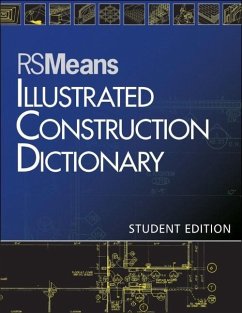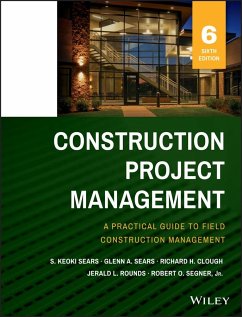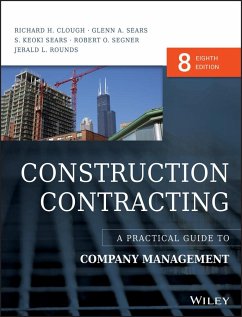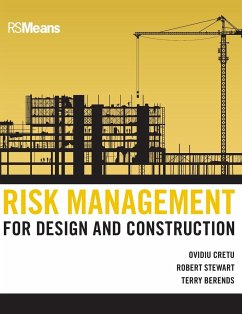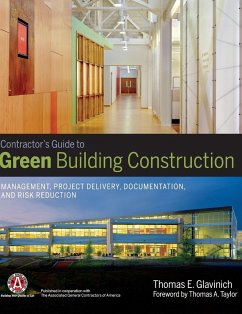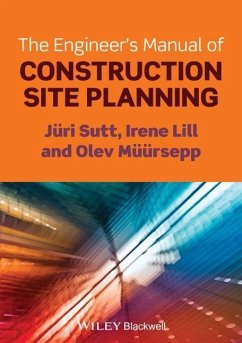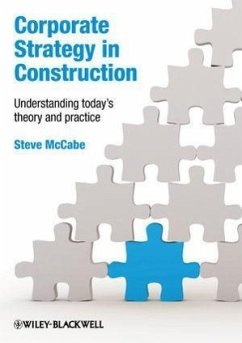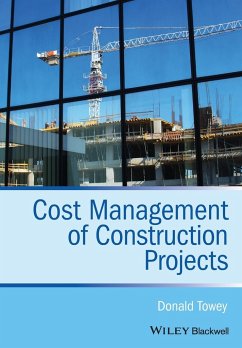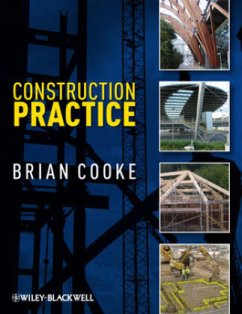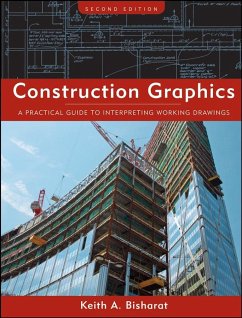Nicht lieferbar
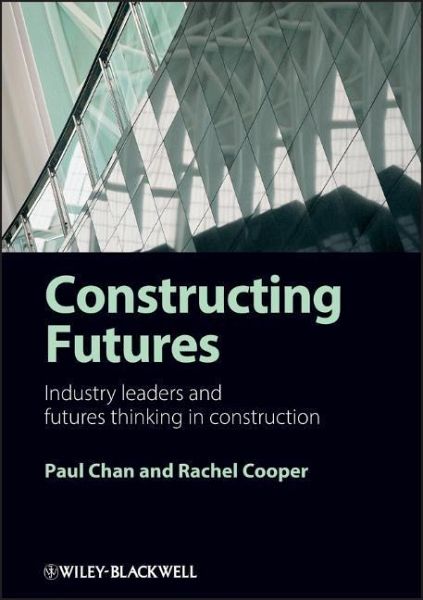
Constructing Futures
Industry Leaders and Futures Thinking in Construction
Versandkostenfrei!
Nicht lieferbar
Constructing Futures Industry leaders and futures thinking in construction The growing interest within the construction industry in future scenario planning has not always corresponded with an understanding of how futures thinking is shaped in policy-making. Constructing Futures: industry leaders and futures thinking in construction takes a thematic approach to the future of the UK construction industry. It presents the results of a series of indepth interviews conducted with leading construction figures and then structures the discussion into chapters addressing key contemporary issues in the...
Constructing Futures Industry leaders and futures thinking in construction The growing interest within the construction industry in future scenario planning has not always corresponded with an understanding of how futures thinking is shaped in policy-making. Constructing Futures: industry leaders and futures thinking in construction takes a thematic approach to the future of the UK construction industry. It presents the results of a series of indepth interviews conducted with leading construction figures and then structures the discussion into chapters addressing key contemporary issues in the industry. These high-profile figures are drawn from a wide range of stakeholder groups representing the realities of construction - including architects, client organisations, consultants, contractors, developers, lobby groups with special interests, policy makers, professional institutions, and trade unions. A total of 15 influential figures were interviewed for the book, from Sir Michael Latham and Bob White to Wayne Hemmingway and Kevin McCloud. The authors juxtapose the interviewees' views with their own examination of both mainstream and construction management practical insights with an exploration of the key theoretical debates. Part I of the book looks at the industry's past, reviewing a series of foresight studies of the construction sector and re-presenting stories of the interviewees' lives to examine the development of leadership in the industry. In Part II, the authors focus on two fundamental issues in today's construction industry: sustainable development and governance. Part III looks to the future, highlighting key lessons learnt and proposing a series of research questions for industry and academia.




